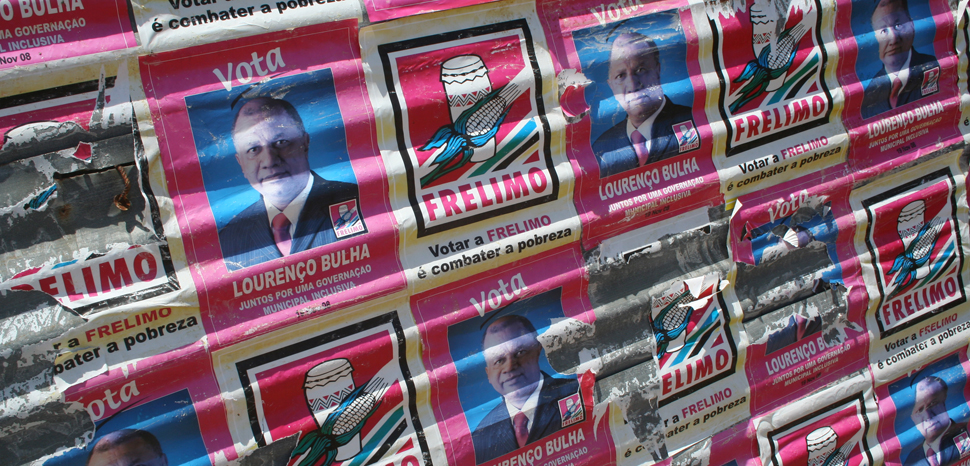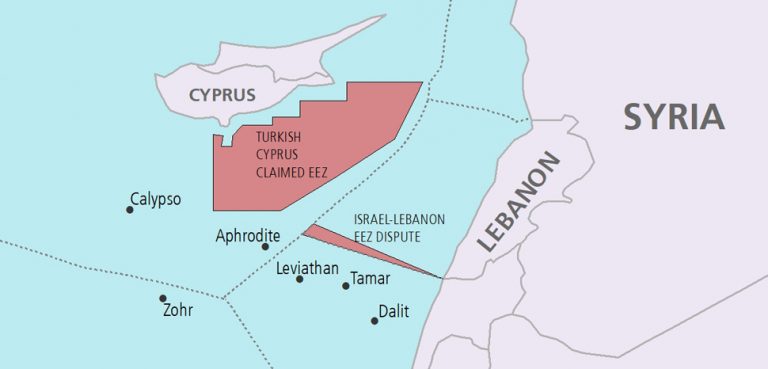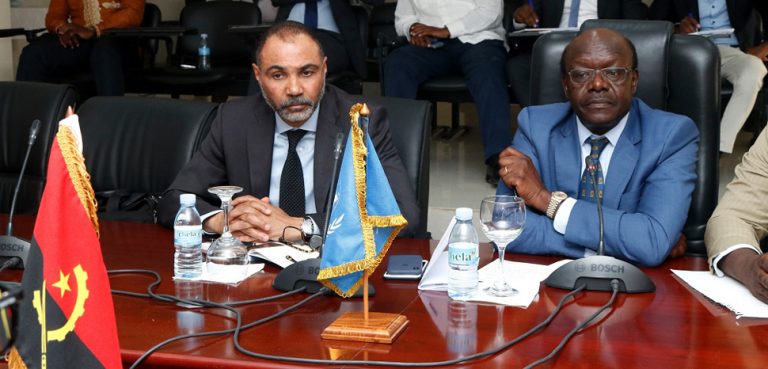To understand how the debilitating effects of Cold War alliances impacted the African continent, one need not look further than the political trajectory of Mozambique. After successfully pushing out the Portuguese during its independence war, Mozambique, in tandem with neighboring Angola and Guinea-Bissau, served as inspiration to Southern Africa’s revolutionary movements, namely those of Zimbabwe (then-Rhodesia) and apartheid South Africa.
Yet whatever momentum may have borne out of independence quickly gave way to internal political strife among the former Portuguese colonies. As soon as it gained independence, victors in Angola’s revolutionary movement quickly turned their weapons on one another, igniting a brutal civil war that ravaged the country for nearly 27 years. The assassination of Amilcar Cabral, who spearheaded Guinea-Bissau’s independence movement, bolstered the African Party for the Independence of Guinea and Cape Verde’s (PAIGC’s) decision to rule in single-party style for the first two decades of the country’s independence.




